

My name is Kyle and I work full-time for start-ups in the waste-to-resource industry in the US. In June 2021, after seeking medical attention for a fistula between my colon and bladder, I found out that I had stage 4 colorectal cancer. After receiving my diagnosis, I underwent surgery, chemotherapy and targeted therapy and I was eventually declared cancer-free in August 2023.
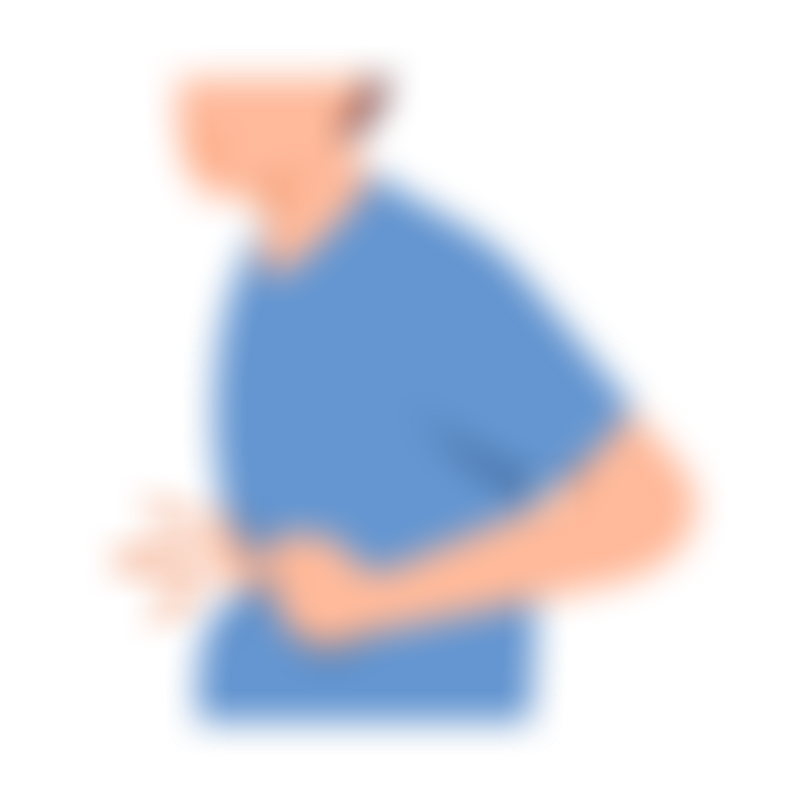
Initially I had a really bad stomachache. After a couple of online telemedicine sessions, my stomach pain subsided. I then developed a fistula between the colon and bladder which resulted in additional symptoms which finally forced me to visit my primary caregiver a few weeks later. That ultimately sent me to the ER where I was diagnosed with stage 4 colon adenocarcinoma.
There are too many additional symptoms to list but some of the other symptoms that I experienced from my cancer include:
- Blood in the stool (bowel movement)
- Frequent diarrhea
- Frequent constipation
- Feeling that the bowels do not empty all the way
- Constant abdominal pain, aches or cramps
- Unexplained weight loss
- Tiredness or fatigue

When I first received my diagnosis, I felt fearful. With a stage 4 mCRC diagnosis, I was scared that I was going to die. I was only 33 years old. I was also very scared of what my diagnosis would do to my mother.
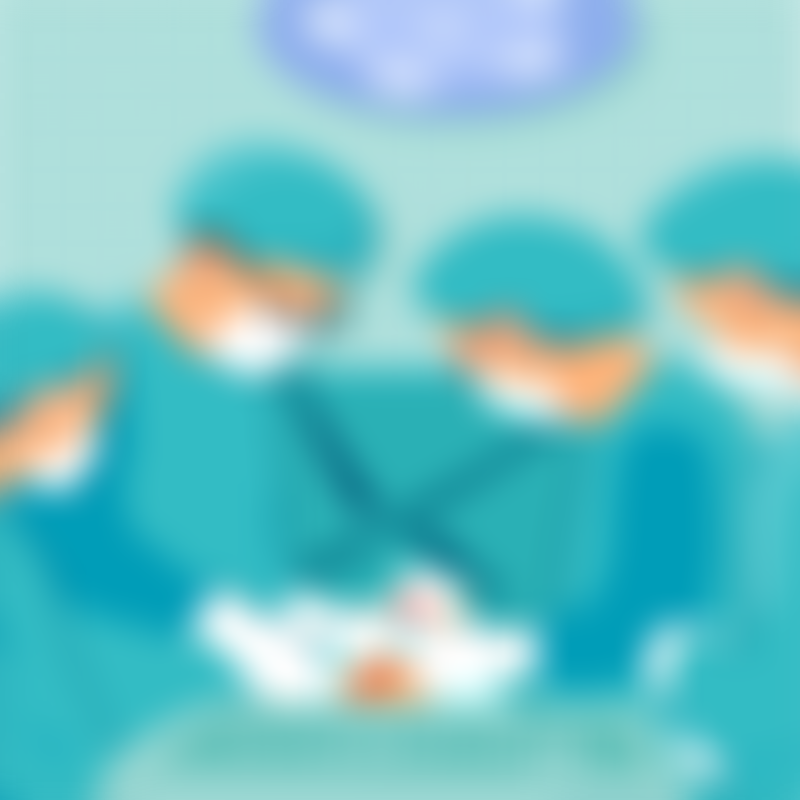
I went ahead with my doctor’s recommendation and opted for partial colectomy (removal of a part of the colon), lymphadenectomy (removal of lymph nodes), chemotherapy and targeted therapy. I felt optimistic after deciding on this as I had an insanely strong will to live and that would not be affected by any symptoms or negative thoughts.
After getting diagnosed in the emergency room, I was transferred to a room within the hospital where I met several different doctors with various specialties to go over my care plan, which was subject to change anytime. Immediately after that, I was required to get a colostomy. Post-colostomy, I was required to undergo an undetermined number of rounds of chemo. Luckily, after eight rounds of chemo, I became a candidate for surgery. After an eight hour surgery, which included the reversal of my colostomy, I was given about six weeks for recovery before starting chemotherapy again. I was on FOLFOX with targeted therapy and various medications to help with the symptoms. I wish I was more prepared for treatments. Even if it was just something small like having lotion for my dry skin or finding wooden utensils so that the metallic taste after chemo wasn’t so prevalent with normal silverware.
After two years of additional chemotherapy and targeted therapy, I had a port infection which was the final tipping point for me to seek a second opinion from an oncologist. This oncologist agreed that my port infection may have been divine intervention, so we did not replace the port and I discontinued chemotherapy instead. Overall, I underwent 3 surgeries over a span of 7 months as well as 79 sessions of chemotherapy and targeted therapy, both over a span of 30 months. Now I’m 19 months NED with no treatment.
While I am covered by insurance, I am mainly covering the treatment costs myself. As a result, I’m severely in debt due to treatment costs.
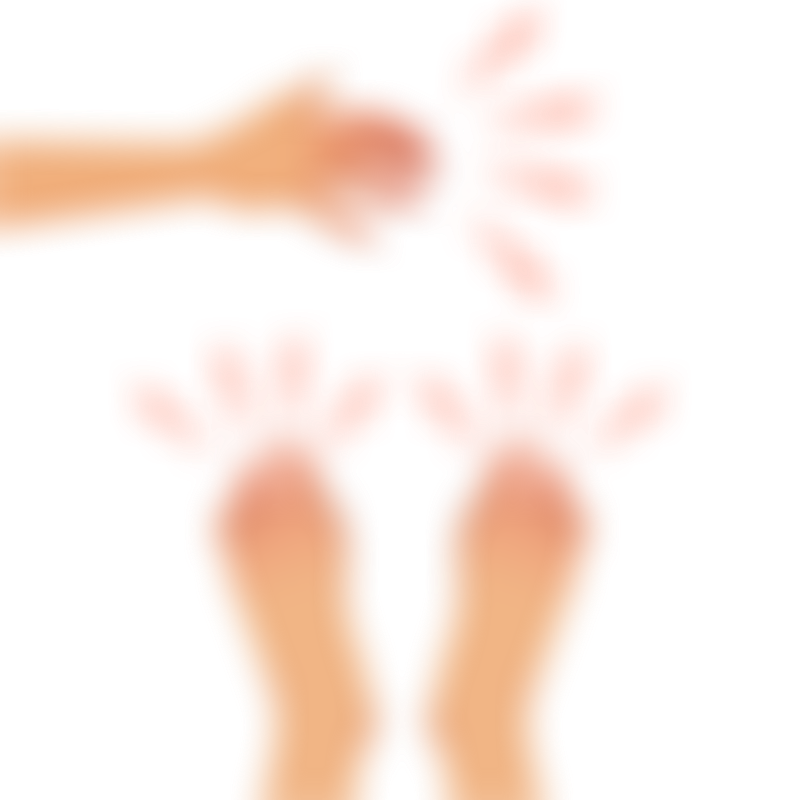
Because of the treatment, I struggled with peripheral neuropathy, fatigue, nausea and vomiting. Unfortunately, peripheral neuropathy is permanent. I guess that’s what makes it the most severe because it has had the longest impact. I could take medication for the other symptoms but there’s just no cure for neuropathy.
I tried to cope by increasing my exercise frequency such as doing lots of walking. I also improved my nutrition, changing to a high fiber diet. I took various prescribed medications as well to relieve the side effects.

I was technically considered an early-onset colorectal cancer patient and preparing for that was never part of my plan. But I wanted to beat it. I was going to beat it. Now, I’m beating it and I hope to live a full life.
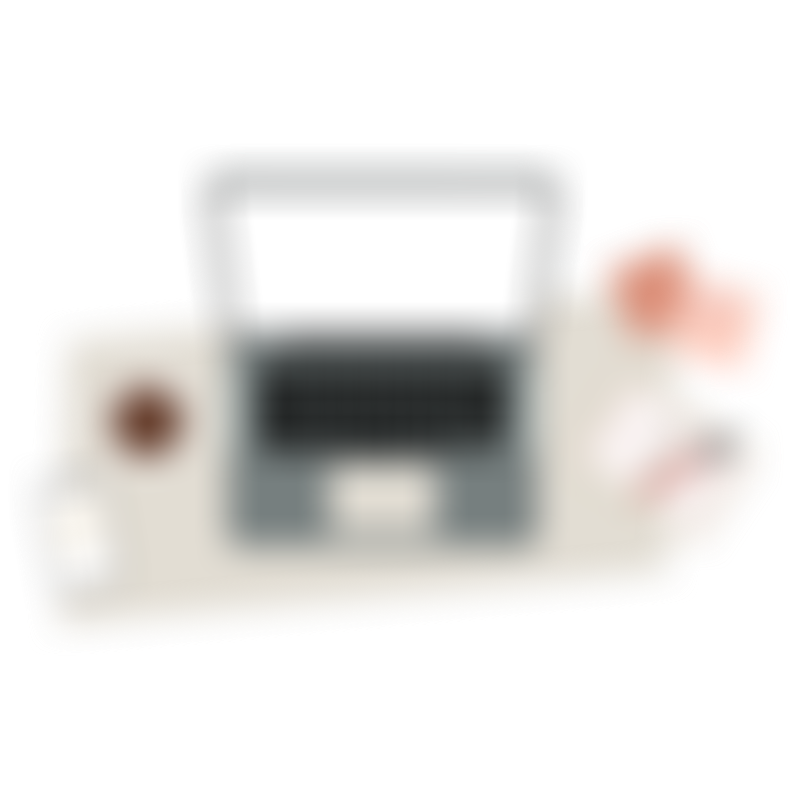
I continued working even after being diagnosed with cancer. I needed the income to support myself and my loved ones and my employer offered some accommodations.
Luckily for me, I was able to work while I was undergoing chemo. I was also able to take time off for my surgery but I was required to make up for it. Every time you get chemo, you get a steroid to help mitigate the side effects, which coincidentally gave me a burst of energy to try and push through as much work as possible.

Throughout my cancer treatment and recovery, I encountered significant personal struggles, which include:
- Social life and relationships with loved ones: This was changed and in almost every way you can imagine. The two biggest things were the loss of some friendships and finding it hard to identify with people after that kind of experience. This affected me the most as It’s incredibly difficult to live life with a completely different perspective than most people.
- Day-to-day life: I have a totally different perspective on life and that impacts every single thing I do. And then there are the permanent side effects such as neuropathy which affects my daily life as well.
- Self-esteem/self-image: I have a lot of scars, which most of the time I think are actually pretty cool but I still have my moments of insecurities.
- Professional life: I had to work full-time the entire time I was undergoing treatment after being diagnosed. That was one of the most difficult times in my professional career.
Selfishly, I think I have a better outlook on life than most people do and I find comfort in that. This has helped me to cope with these challenges.
The most difficult part of surviving cancer is dealing with the challenges it brings. These include:
- Emotional or psychological impact
- Physical side effects
- Changes in body image or appearance
- Ongoing medical care or check-ups
- Financial or employment challenges
- Social or relationship difficulties
- Fear of recurrence
- Coping with a ‘new normal’ or lifestyle changes
Coping with these challenges is something I have to work on every single day. Time management is something I constantly work on to balance it all.
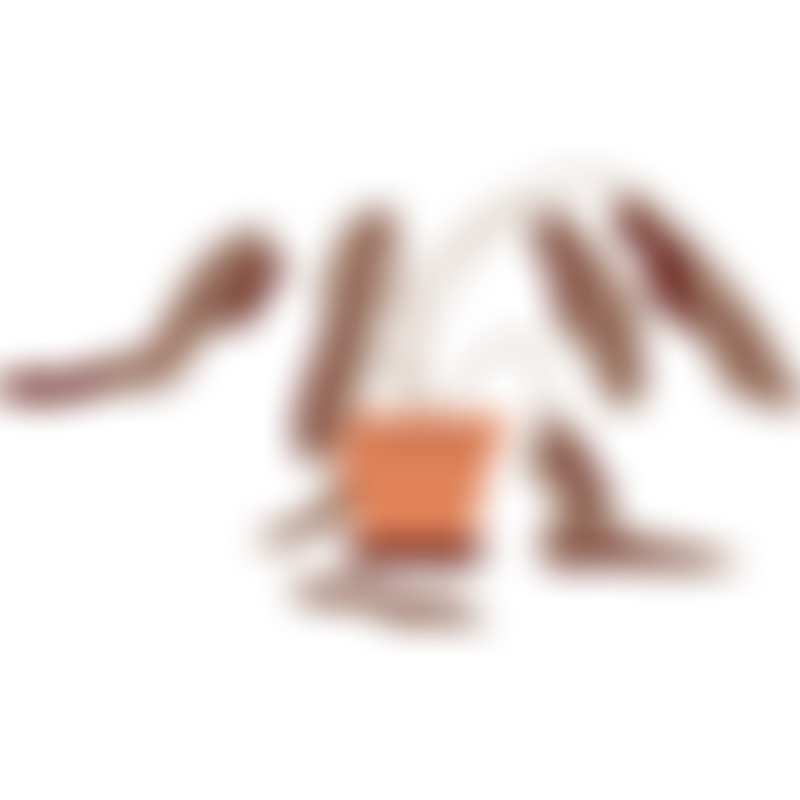
Since being diagnosed with cancer, I’ve found myself feeling fearful about various things, such as:
- The cancer returning (recurrence)
- Not surviving or dying
- Being a burden to loved ones
- Not being able to continue with normal life or activities
- Impact of my cancer on family or relationships
I have been trying to overcome these fears by:
- Speaking to a therapist or counselor
- Focusing on physical recovery and staying active
- Educating myself about the cancer and treatment process
- Joining a support group or connecting with other cancer survivors
- Focusing on positive thinking or gratitude
- Engaging in spiritual or religious practices

Today, I feel optimistic. Initially, I was told I could die. Then, I was told I’d be treated with palliative care to extend my life as long as possible. Now, I’m alive with a whole new perspective on life that allows me to enjoy every breath I take and I’m grateful. I also advocate quite a bit now and the thought that my experience may save a life or help someone catch a diagnosis early enough so they don’t have to endure what I went through means a great deal to me.
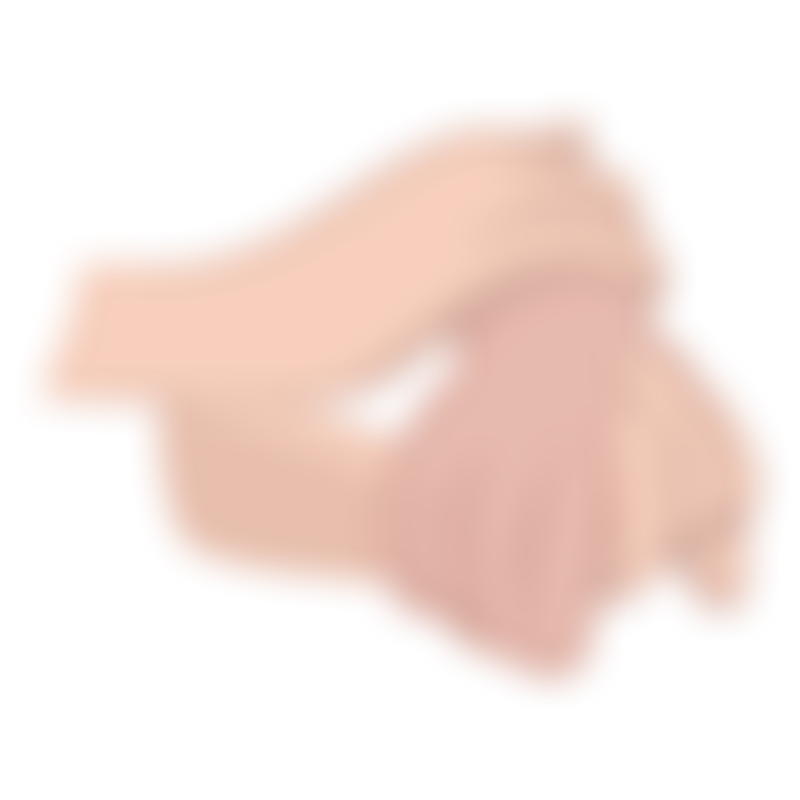
Join support groups. Ask lots of questions and take notes because you will forget. Chemo brain is a real thing. And above all else, get second opinions, third opinions or as many opinions as you need to feel comfortable. You have to advocate for yourself. We have a complicated healthcare system. Reach out to your support groups and other cancer patients for advice on how to approach things.
It will be different after cancer and that’s OK. You have to find your new normal. It will take some time. One of the most rewarding things for me is now being an advocate.
You got this! Keep going. You’re not alone. Please reach out to support groups. I’ve made some of the best friends I have through those groups and this experience. You’re an inspiration and your story will save lives. I love you.
This patient's story is published and shared with their full consent. Any personal data that can be used to identify the patient has been omitted.
Click here for more information.